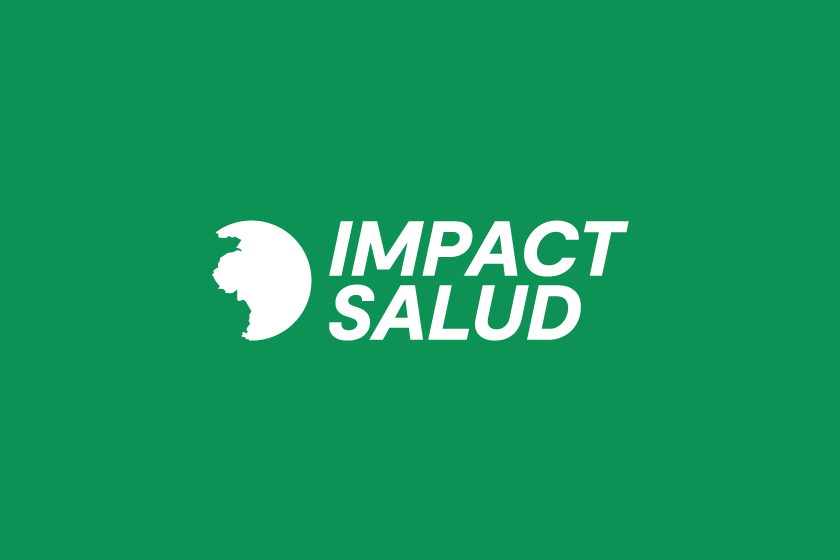Dementia has emerged as a pressing global health issue, currently affecting over 50 million individuals worldwide, with projections suggesting this number could rise to 130 million by 2050. Characterized by a progressive decline in cognitive function, dementia poses significant challenges not only to those diagnosed but also to their caregivers and healthcare systems.
The economic impact is staggering, with dementia care costing around $1 trillion annually—a figure that continues to grow as the disease becomes more prevalent.
Many families shoulder the burden of care without formal training or adequate resources, leading to significant emotional and financial strain. Compounding the issue, dementia often coexists with other health conditions, complicating diagnosis and care. Unfortunately, health systems in many low- and middle-income countries (LMICs) are ill-equipped to meet these rising demands, lacking the necessary resources and infrastructure for effective care.
Addressing dementia requires a comprehensive approach, as highlighted by global initiatives like the World Health Organization's (WHO) Global Action Plan for Dementia. This plan emphasizes the importance of raising awareness, improving early diagnosis, and enhancing care and support for patients and caregivers. Collaboration among policymakers, healthcare providers, and community organizations is essential for creating effective strategies that tackle dementia on multiple fronts.
The IMPACT project directly addresses these challenges by using dementia as a tracer condition to strengthen health systems in Latin America. By developing technology-enabled interventions, such as a mobile health app for diagnosis and community health worker support, the project aims to enhance early detection and improve care quality for PWD and their caregivers. Through comprehensive training, stakeholder engagement, and research, the IMPACT project seeks to create a sustainable, integrated, person-centered approach to dementia care, ensuring that individuals and families receive the support they need. By prioritizing dementia on the health agenda, IMPACT paves the way for meaningful improvements in the lives of those affected by this complex condition.




